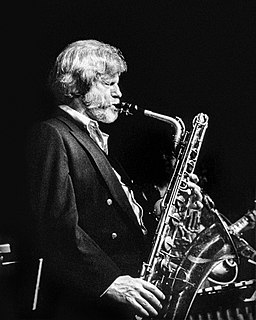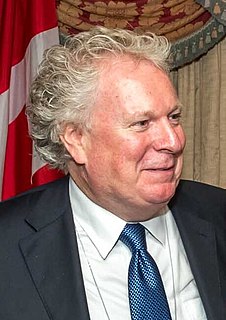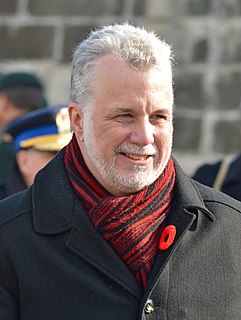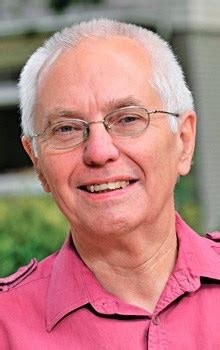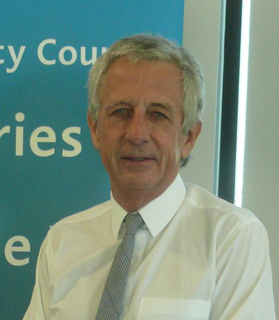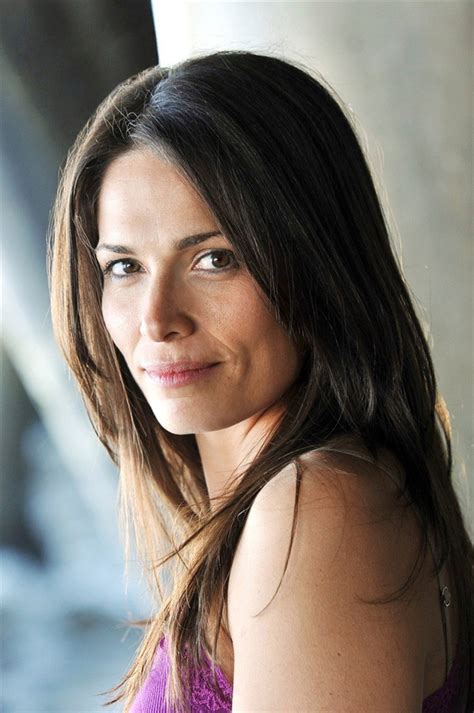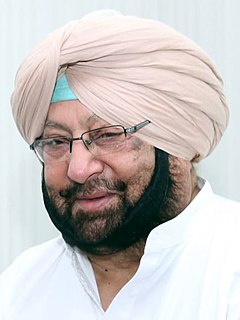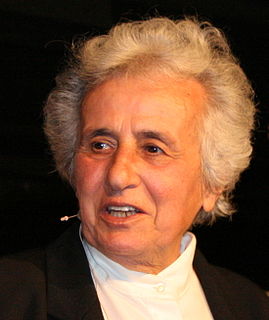A Quote by Jane Jacobs
There were lots of programs over the course of the two referendums and the general tenor of them was that if Quebec were to separate, then Canada would disintegrate.
Related Quotes
The Bible is a collection of writings by lots of different people written over maybe a thousand years, from a number of centuries before Jesus to a century after Jesus. I often like to refer to it as "the Scriptures" to make that point about it being lots of writings that were originally separate. What these writings have in common is that "the Old Testament" is writings that grabbed the Jewish people; writings that convinced them that they were God's word to them. And "the New Testament" is writings that grabbed people who believed in Jesus in the same way.
Many people believe in eliminating gaps and eliminating poverty. They don't realize that in some sense those two things are antithetical. If you were to double everyone's income, or if everyone's income were doubled naturally over the course of time, then you would reduce poverty significantly but you would have also increased the gap.
I definitely did not like my body when I first started sports. I didn't like my body just in general as a teenager. Being a girl and a teenager with two prosthetic legs and two hands that were misshapen that had so much reconstructive surgery on them, I thought my world was over - put a zit on top of that, and then my life is completely over.
Sometimes, when I talk to someone who has just been diagnosed with cancer or some other illness, I'll remind them: "If you were honest with yourself, you were depressed before this happened. And if this were over you would be happy for a couple of weeks, a couple of months, and then something else would come along."
Auschwitz was one of the wealthiest places in the world. Everyone who was deported there had been in such a hurry that they were only able to take along the things they loved the most. Well, of course, a musician would take along her instrument. But then they would take these precious possessions away from the prisoners once they arrived. All these things were kept in a part of the camp the prisoners called "Canada." It was like a giant warehouse.


